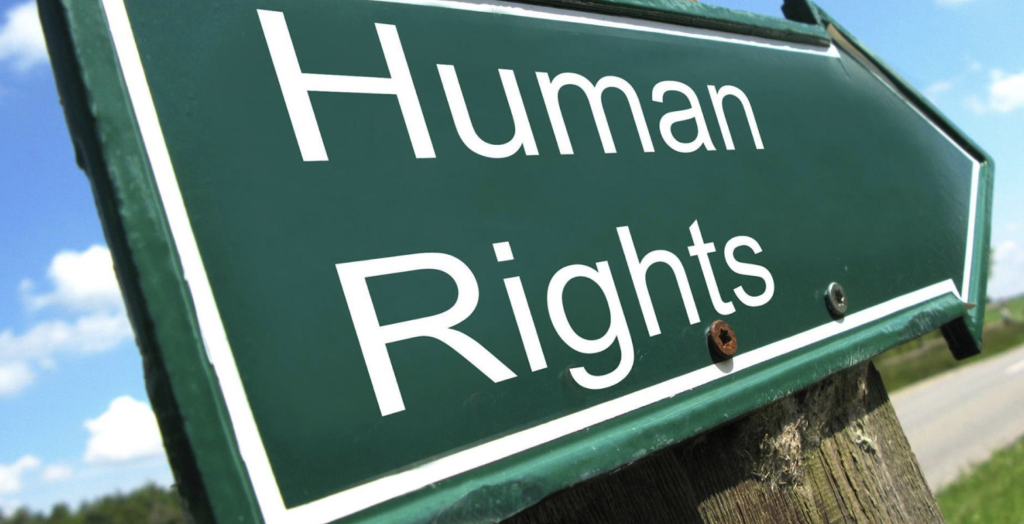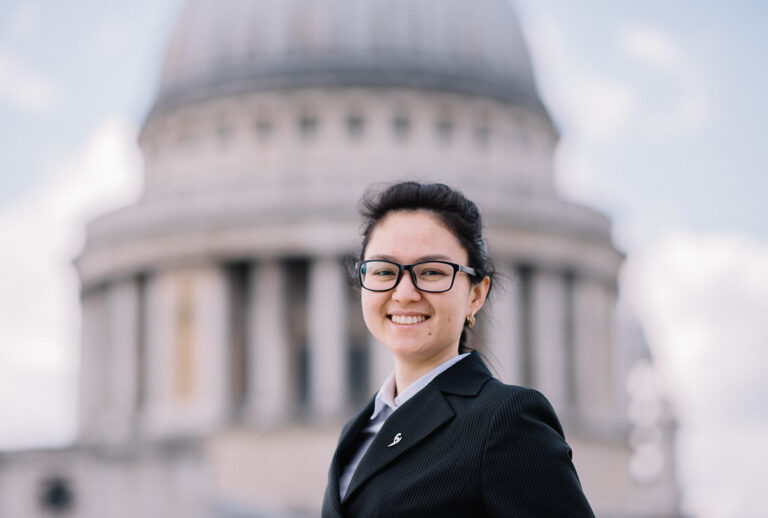Human Rights Claims

As a developed country that values human rights, the United Kingdom is willing to provide asylum for those who need it. However, the corresponding documents are not granted to everyone, and the procedure is, in fact, rather strict. It is why it is of utmost importance for potential applicants to discover the criteria, requirements, processing times, and other aspects of the procedure in advance.
What is a Human Rights Visa?
A Human Rights Visa in the UK is a document that, just like most other visas, enables its holder to stay in the country for a specified amount of time. In the UK, it is possible to get an Article 3 or Article 8 human rights visa in accordance with the European Convention of Human Rights.
The convention implies that people who are at risk of being treated inhumanely upon returning to their home country have the right to ask for asylum. Additionally, people can apply if they have lived in the UK for a significant period of time and have started a family here.
Eligibility Requirements for Human Rights Visa
There are several criteria the applicants have to comply with in order to be approved for a Human Rights Visa in the United Kingdom. The list includes the following requirements:
- age requirements;
- residence requirements;
- medical requirements;
- political requirements.
Age and Residence Requirements
The first criterion that should be considered when applying for a Human Rights Visa in the UK is related to the applicant’s age. Essentially, it is possible to apply at any age, although the procedure may vary significantly depending on it.
For example, children are required to have lived in the UK for seven or more years to apply for ILR. For young adults (if you are aged 18 years or above but under 25 years), it is necessary to have lived in the country for at least half of their lives. For adults, this term is extended all the way up to 20 years.
It is important to keep in mind that these requirements are considered only if you are applying based on Article 8 of the convention. Otherwise, criteria described in the following sections are considered instead.
Medical Requirements
People who are applying for a Human Rights Visa in the UK based on their medical condition are expectedly required to match criteria for this specific case. Medical grounds are mainly applied in the following cases:
- qualified treatment for your condition is not available in your home country;
- medication you need to control your condition is not available in your home country;
- returning to your home country poses other threats to worsen your condition.
Applications on medical grounds are reviewed individually, but it is always vital to gather both the evidence of having the condition in question and the proof of threat associated with returning to your home country.
Political Requirements
Political requirements refer to applications made in relation to Article 3 of the convention. In case you need to ask for asylum and intend to stay in the United Kingdom as a refugee, you will need to be able to prove the threat associated with returning to your home country or your inability to return.
This kind of application is made upon arriving in the UK and involves meeting with an immigration officer and having an interview with a caseworker. These cases are also reviewed individually, and the best option to improve the chances of the application being approved is to consult legal professionals before travelling to the United Kingdom.
Human Rights Application Processing Time
The general time frame the Home Office sets for reviewing human rights applications is three months, but since the cases might have complications and they are reviewed individually, the process may take longer than three months.
Some of the most common reasons behind delays are:
- the Home Office’s inability to verify part of the provided evidence;
- the high amount of applications the Home Office has to review;
- the amount of information the Home Office has to consider being large;
- the changes in circumstances occurring since the application has been made.
What if My Human Rights Application is Refused?
The main course of action in case your human rights application gets refused by the Home Office is to appeal it to the First-tier Tribunal. This is a viable option in case the refusal breaches your right to private life in the United Kingdom. In case the decision was made with errors, it is also possible to apply for a judicial review or for an administrative review.
It should be noted that these applications have to be submitted within a 28-days period. However, it is always recommended to consult legal professionals before appealing the decision to minimise the risks of getting refused again.
How Can We Help?
The legal team of Sterling Law is always ready to help out those seeking a Human Rights Visa in the UK. We approach each case individually and will provide you with advice tailored for your specific situation. We are also always straightforward with our clients, so in case we believe your chances of being approved are low, we will inform you about it right away. The solicitors in our team have already helped hundreds of people make the UK their home, and we would be delighted to help you too.



















